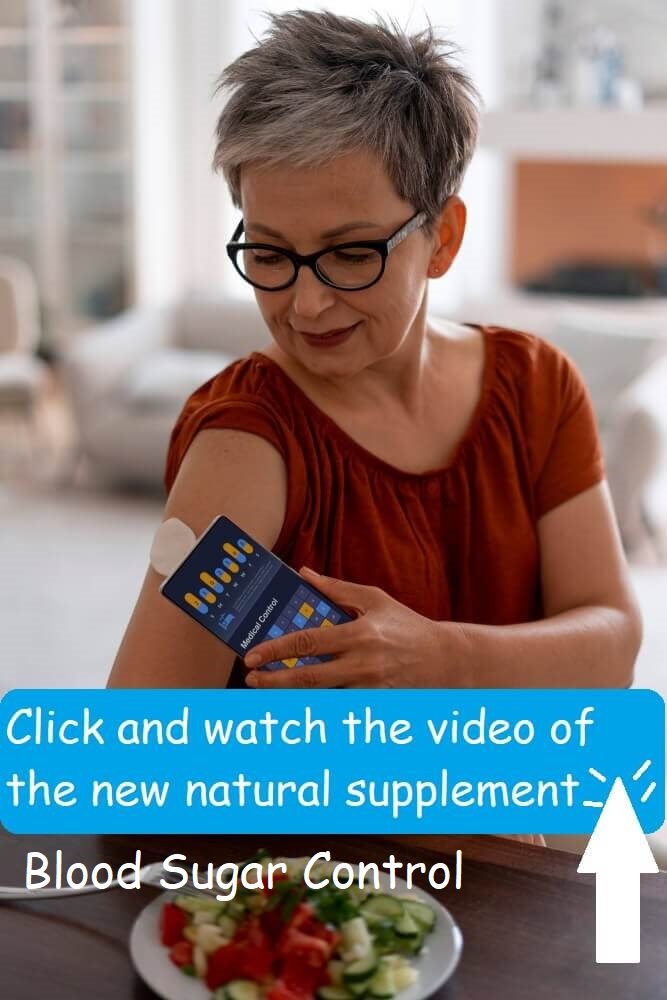Understanding Diabetes and Food Choices
Diabetes is a chronic condition that affects how the body processes glucose, leading to elevated blood sugar levels. Individuals with diabetes must carefully consider their food choices to maintain stable blood sugar levels. This includes understanding the glycemic index of foods, which measures how quickly a food raises blood sugar.
When evaluating whether KitKat would be a good food option for diabetics, it is essential to consider these factors.
What is KitKat?
KitKat is a popular chocolate-covered wafer bar produced by Nestlé. It consists of layers of crispy wafers coated in chocolate, making it a tempting treat for many. However, the ingredients and nutritional profile of KitKat raise questions about its suitability for individuals with diabetes. The sugar content and carbohydrate levels in KitKat can significantly impact blood sugar levels, which is a primary concern for diabetics.
Nutritional Information of KitKat
A standard KitKat bar contains a considerable amount of sugar and carbohydrates. For example, a typical 4-finger KitKat bar has around 22 grams of sugar and 27 grams of carbohydrates. This high sugar content can lead to rapid spikes in blood sugar levels, making it a less favorable option for diabetics. Understanding the nutritional breakdown is crucial for making informed dietary choices.
Glycemic Index of KitKat
The glycemic index (GI) is a ranking of carbohydrates in foods according to how they affect blood glucose levels. Foods with a high GI can cause rapid increases in blood sugar. KitKat has a moderate to high glycemic index, which means it can lead to a quick rise in blood sugar levels. For diabetics, it is generally advisable to choose foods with a low glycemic index to maintain better control over blood sugar levels.
Alternatives to KitKat for Diabetics
For those managing diabetes, there are many alternatives to KitKat that can satisfy a sweet tooth without causing significant blood sugar spikes. Options include dark chocolate with a higher cocoa content, sugar-free chocolate bars, or snacks made with nuts and seeds. These alternatives often have lower sugar content and a better nutritional profile, making them more suitable for diabetics.
Portion Control and Moderation
If a diabetic chooses to indulge in a KitKat, portion control is vital. Consuming a smaller portion can help mitigate the impact on blood sugar levels. Pairing the treat with a source of protein or fiber can also help slow the absorption of sugar into the bloodstream, potentially reducing the glycemic response. Moderation is key when it comes to enjoying sweets while managing diabetes.
Consulting with Healthcare Professionals
Before making any significant changes to a diet, especially for those with diabetes, it is essential to consult with healthcare professionals. A registered dietitian or a diabetes educator can provide personalized advice based on individual health needs and goals. They can help determine whether KitKat or similar treats can fit into a balanced diet.
Reading Food Labels
Understanding food labels is crucial for diabetics. When considering whether KitKat is a good food option, reading the nutritional information and ingredient list can provide insights into its suitability. Look for total carbohydrates, sugars, and other ingredients that may affect blood sugar levels. Being informed allows for better decision-making regarding food choices.
Emotional and Social Aspects of Eating
Food is often tied to emotional and social experiences. For many, enjoying a treat like KitKat can be a part of celebrations or social gatherings. It is important for diabetics to find a balance between enjoying these moments and managing their health. Finding healthier alternatives or allowing for occasional treats can help maintain a positive relationship with food.
Conclusion: KitKat and Diabetes
In summary, while KitKat may be a tempting treat, it is not necessarily a good food option for diabetics due to its high sugar and carbohydrate content. Understanding the impact of such foods on blood sugar levels is crucial for managing diabetes effectively. Exploring healthier alternatives and practicing moderation can help individuals with diabetes enjoy sweets while maintaining their health.



